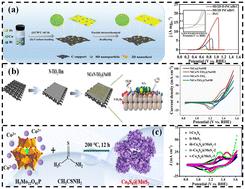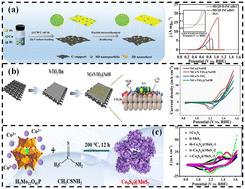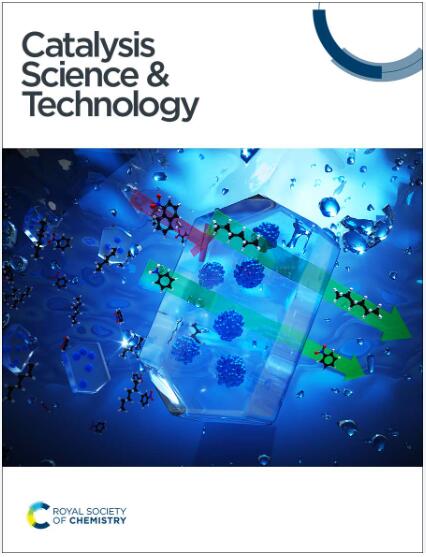电催化甲醇氧化过程中抗 CO 中毒的研究进展:综述
IF 4.4
3区 化学
Q2 CHEMISTRY, PHYSICAL
引用次数: 0
摘要
本综述探讨了电催化甲醇氧化反应(MOR)过程中抗 CO 中毒的研究进展。文章详细介绍了催化剂设计和优化策略、实验研究和控制措施。对中间产物生成机制、影响抗 CO 中毒的因素和实验研究的深入分析为 MOR 的开发提供了支持。抗 CO 中毒策略包括催化剂选择、反应条件优化、中间产物控制、表面改性、载体效应、气氛调节以及催化剂再生和循环利用。实验研究侧重于电极制备、电解质选择和电催化反应。结果表明,优化实验方法和条件可提高催化剂的抗 CO 中毒能力,从而增强 MOR 的稳定性和有效性。甲醇电催化是一种清洁、有效的能源转换技术。甲醇电催化中抗 CO 中毒的动力学和热力学分析为催化剂的设计和优化提供了理论依据。对 MOR 中间产物、CO 生成机理、CO 中毒影响因素、表征方法、实验研究和优化措施的综合研究,为 MOR 的开发及其在绿色化学和可再生能源领域的应用奠定了基础。本文章由计算机程序翻译,如有差异,请以英文原文为准。


Research development of anti-CO poisoning in electrocatalytic methanol oxidation processes: a review
This review examines research advancements in anti-CO poisoning during the electrocatalytic methanol oxidation reaction (MOR). The article details catalyst design and optimization strategies, experimental studies, and control measures. An in-depth analysis of intermediate product generation mechanisms, factors affecting anti-CO poisoning, and experimental studies supports MOR development. Anti-CO poisoning strategies encompass catalyst selection, reaction condition optimization, intermediate control, surface modification, carrier effects, atmosphere modulation, and catalyst regeneration and recycling. Experimental studies focus on electrode preparation, electrolyte selection, and electrocatalytic reactions. Results indicate that optimizing experimental methods and conditions enhances MOR stability and effectiveness by improving catalysts' anti-CO poisoning ability. Methanol electrocatalysis represents a clean and effective energy conversion technology. Kinetic and thermodynamic analyses of anti-CO poisoning in methanol electrocatalysis provide a theoretical basis for catalyst design and optimization. Comprehensive research on MOR intermediate products, CO generation mechanisms, factors influencing CO poisoning, characterization methods, experimental studies, and optimization measures provides a foundation for MOR development and its application in green chemistry and renewable energy.
求助全文
通过发布文献求助,成功后即可免费获取论文全文。
去求助
来源期刊

Catalysis Science & Technology
CHEMISTRY, PHYSICAL-
CiteScore
8.70
自引率
6.00%
发文量
587
审稿时长
1.5 months
期刊介绍:
A multidisciplinary journal focusing on cutting edge research across all fundamental science and technological aspects of catalysis.
Editor-in-chief: Bert Weckhuysen
Impact factor: 5.0
Time to first decision (peer reviewed only): 31 days
 求助内容:
求助内容: 应助结果提醒方式:
应助结果提醒方式:


